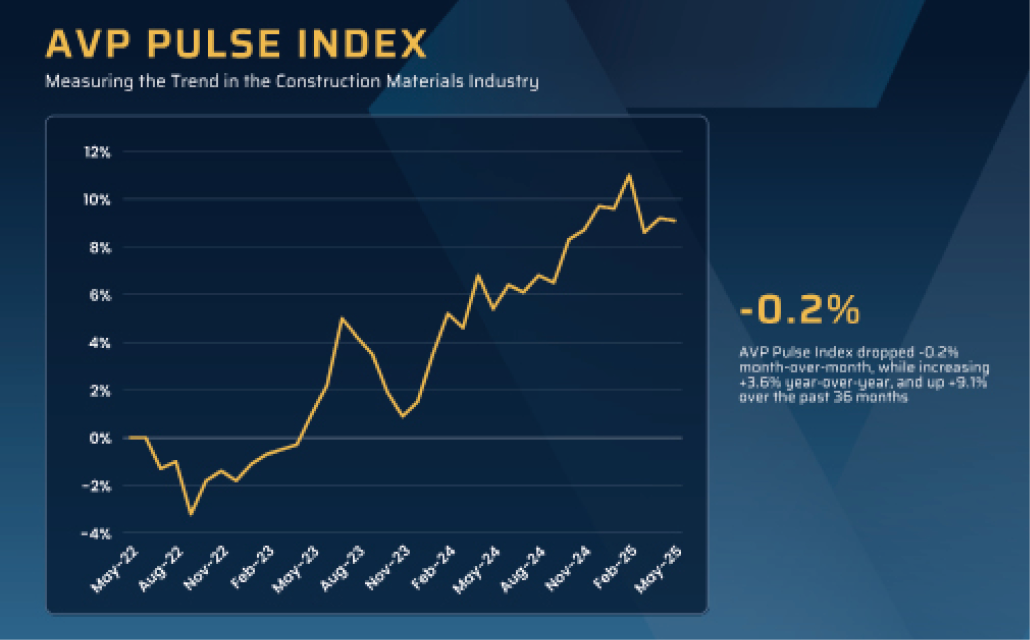The most difficult thing about being 73 (which I am) is saying goodbye to long-standing business relationships that have lasted for years, if not decades. The hardest ones are the relationships that are close to me personally; a few months back, my 30-year-plus CPA retired and left a huge hole in my life, which I had to replace with a new firm, and a new relationship I must get to know from the beginning.
And what’s worse, my 40-year-plus attorney is right behind him and headed to retirement soon. Those personal relationships are the ones that are the hardest to transition away from. Then of course, I experience the loss of industry contacts you would expect at my age as contemporaries and colleagues retire, or in the case of the occasional younger ones, sometime leave the industry.
Recent Losses. One of those recent losses really got my attention, and I am going to miss him, as he has been a guiding light for me throughout my career. The Oracle of Omaha is retiring as the CEO of Berkshire Hathaway at the end of this year, and with that retirement, we lose a man who has been a source of inspiration to business leaders the world around. And not to mention the money he has made for his investors. At age 94, Warren Buffett is calling it quits.
Apple’s Tim Cook called him inspiring. Oaktree’s Howard Marks dubbed him “the Isaac Newton of investing.” JPMorgan’s Jamie Dimon said he’s “everything that is good about American capitalism.”

As Warren Buffett called an end to his historic run atop the behemoth he built, luminaries from the technology and banking worlds rushed to praise the man whose lessons they partially credit for their success. While I am no luminary, I acknowledge that credit in my own career guidance, especially in advising our clients for all these decades.
The famed investor delivered an astounding, eye-watering return of more than 5,500,000% on Berkshire’s stock as he turned a once-failing textile firm into the most valuable company in the world that isn’t either a tech giant or state oil producer. In the process, he became the rare investor who crossed over into public consciousness through his folksy wisdom and witticisms.
At his age, Buffett has drawn scores of imitators and become synonymous with many of the investing themes that still dominate the financial industry: being opportunistic while others are fearful, practicing patience in allowing investments to compound, and identifying insurance as a source of stable funds.
Berkshire racked up many measures of its success and heft as it branched into more sectors, with some 180 operating businesses now driving annual revenue of almost $400 billion. The conglomerate holds railroads, power utilities, gas stations, auto dealerships, home builders, chemical producers, and real estate brokers. It also owns household brands including Geico, Dairy Queen, Fruit of the Loom, Duracell, Helzberg Diamonds and See’s Candies.
Buffett is known most widely for his public stock-picking prowess, and a small group of stocks such as Apple, American Express Co., Coca-Cola Co., Bank of America, and Chevron Corp. accounted for roughly 70% of its $263 billion stock portfolio at the end of March. He preaches that one wonderful business can offset the many mediocre decisions that are inevitable.
One Gift. But the one gift he gave to so many executives that learned from him was his most important piece of advice: Buffett taught to never take management’s view at face value, a lesson he underscored at a fundraiser more than a decade ago when discussing the Enron scandal.
Some senior executives at major companies say they thought they knew what they were doing by simply looking over the hill… one executive noted Buffett was seeing over the mountain.
His writings are all instructive, and I encourage everyone to study his works and published comments, of which there are many. He is no doubt the greatest value creator and investor of the last 65 years.
If there is one piece of advice from Warren Buffet that we should heed, it is to stop peering over the hill … and instead look over the mountain.
Pierre G. Villere serves as president and senior managing partner of Allen-Villere Partners, an investment banking firm with a national practice in the construction materials industry that specializes in mergers and acquisitions. He has a career spanning almost five decades, and volunteers his time to educate the industry as a regular columnist in publications and through presentations at numerous industry events. Contact Pierre via email at pvillere@allenvillere.com. Follow him on X @allenvillere.
